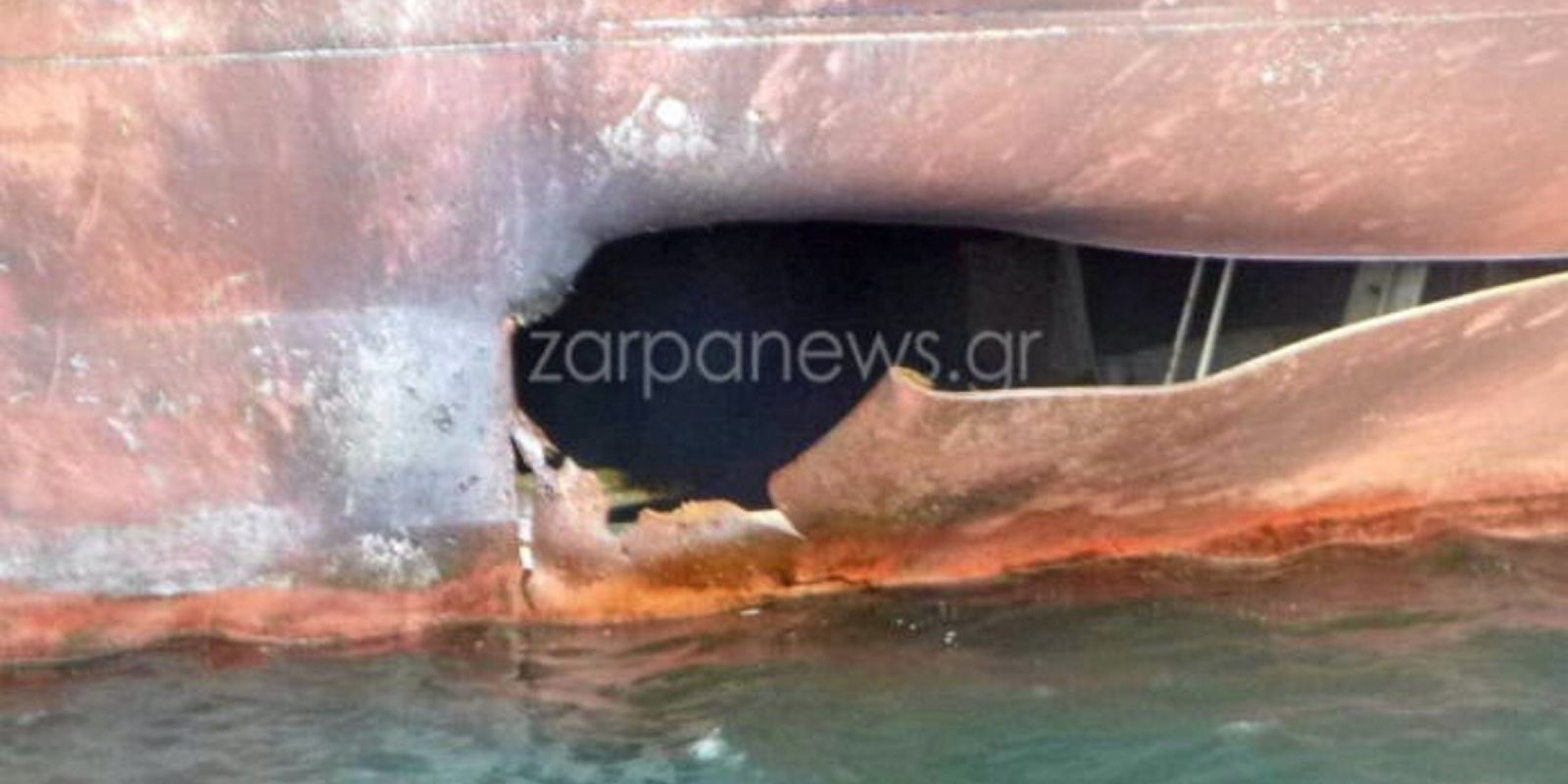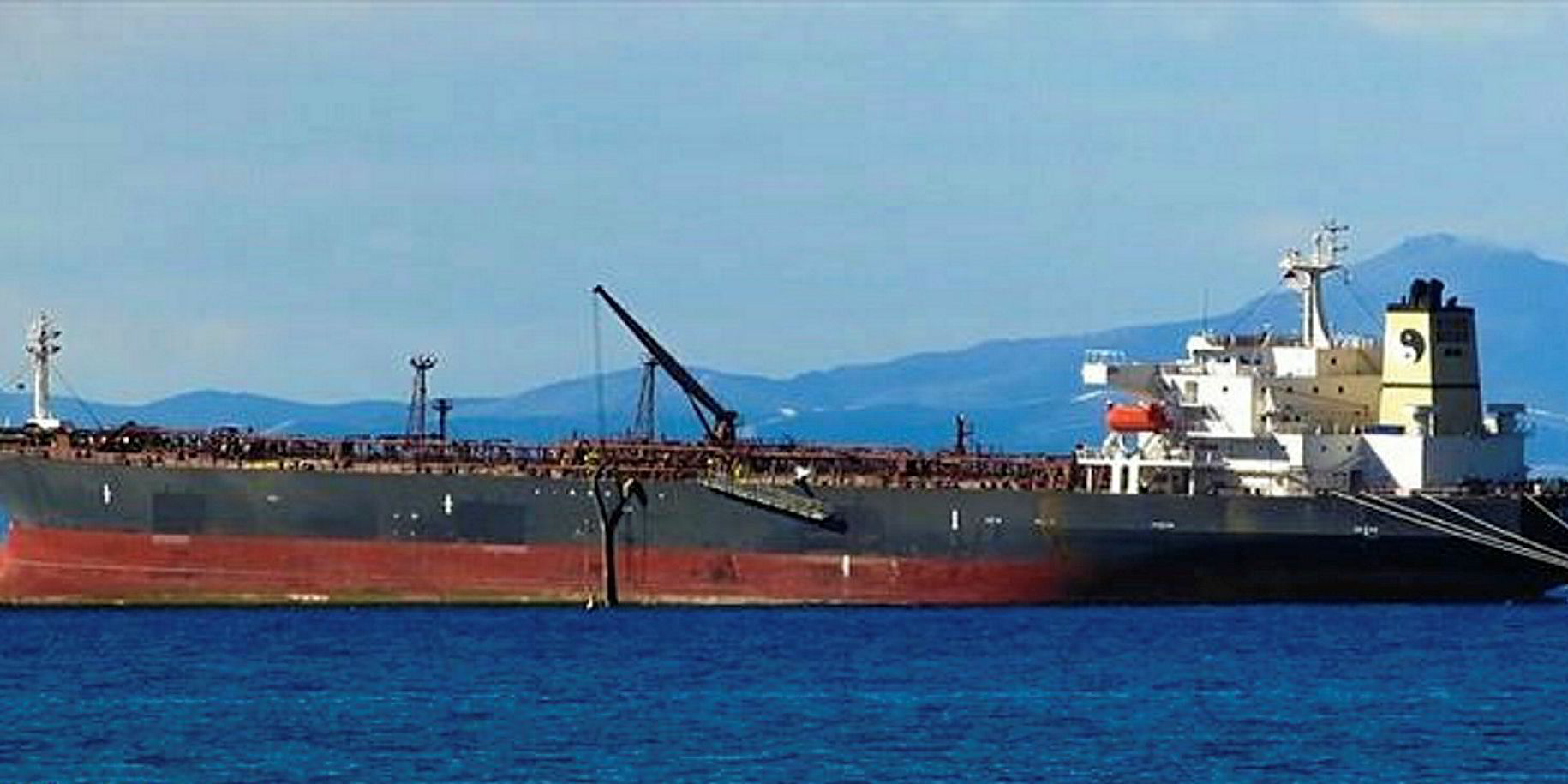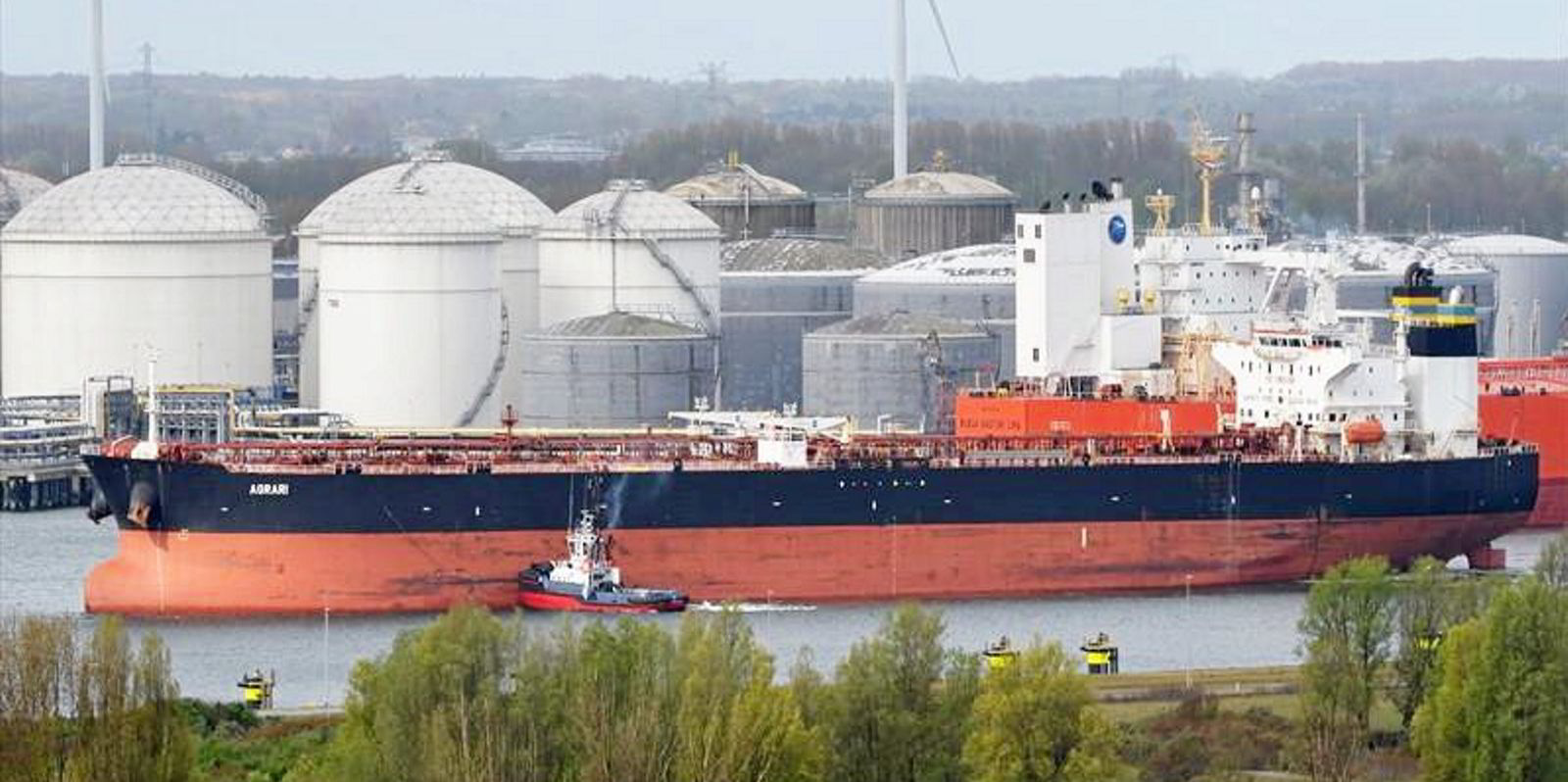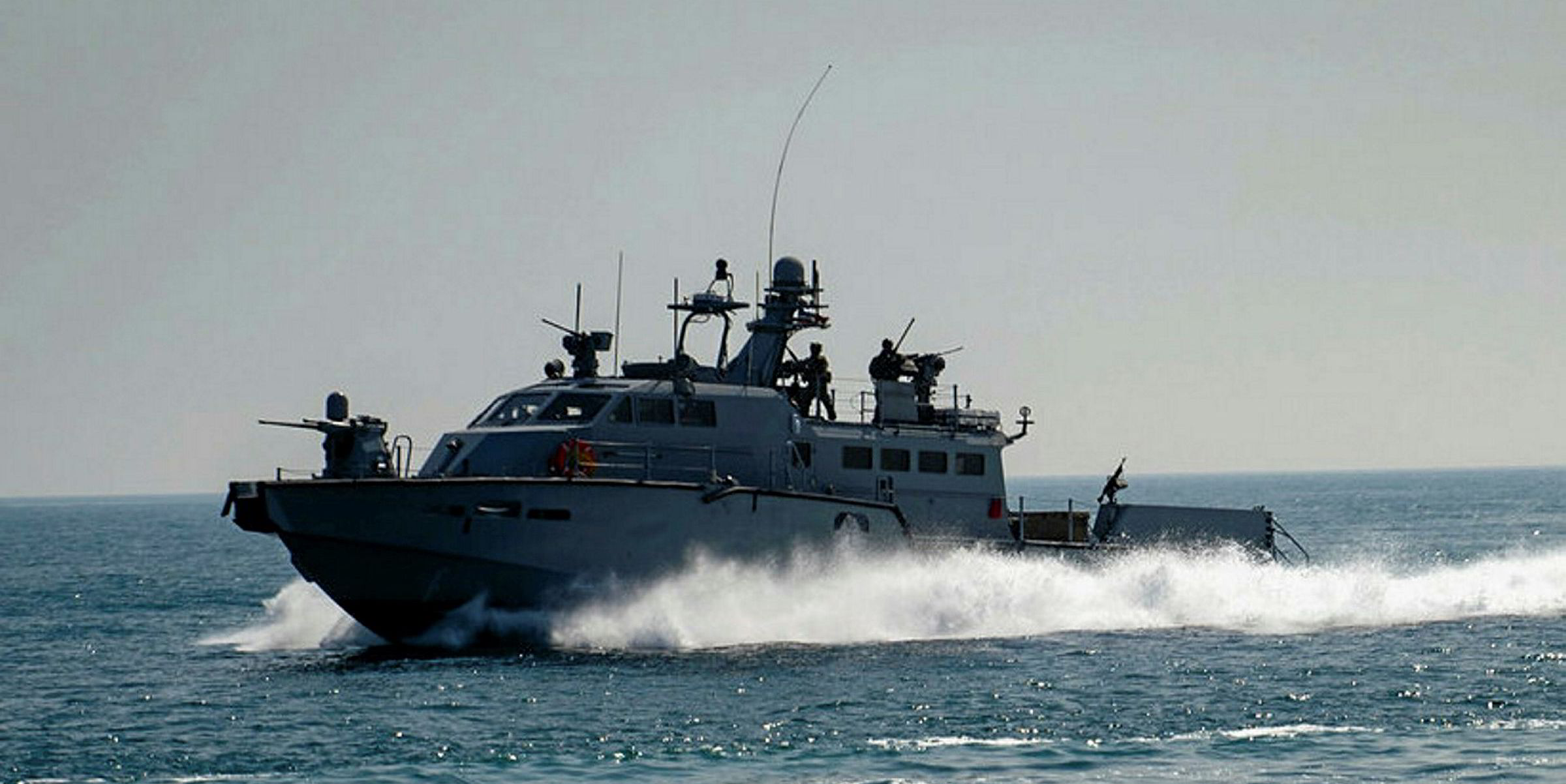Security experts and war-risk underwriters believe a mine is almost certainly the cause of an explosion that blew a hole in the hull of an aframax controlled by George Economou's TMS Tankers in Saudi Arabian waters.
An investigation into the 23 November incident at the Al Shuqaiq terminal, which damaged the 107,000-dwt Agrari (built 2009) above the waterline, is continuing.
Representatives of TMS Tankers said the incident is still under investigation. But it is already being treated as a terror-related event by insurers and shipowners, which are increasing security measures in the region.
TradeWinds understands that underwriters are now handling the incident as a war-risk and hull and machinery claim rather than a protection and indemnity one.
War-risk underwriters told TradeWinds that they are concerned but not surprised by the incident, which happened in a known danger area already identified as “high risk” under war-risk cover amid heightened political tension.
Confirmation of a mine being the cause of the explosion is likely to hike war-risk premium in the region.
Nearby Yemen is ravaged by a war between a Saudi-led coalition fighting Iran-backed Houthi rebels. Wire services earlier reported that Saudi forces destroyed five Iranian-made Houthi mines in the area.
Security consultancy Dryad Global reported unnamed and unconfirmed sources within the Arab Coalition in Yemen as saying the incident was the result of a Houthi-launched water-born improvised explosive device (WBIED).

"Whether this is the result of deliberate targeting or drifting sea mines remains impossible to say at this stage without further verification," Dryad said. "However early indications are that this was a deliberate attack commensurate with known targeting and attack methodologies."
Attempts at targeting vessels and ports via such methods are reported with relative frequency. A recent report indicated that Saudi forces interdicted and destroyed an attempted WBIED targeting the Saudi port of Jizan on 13 November.
There have also been reports of another unnamed Greek aframax being damaged by a sea mine at the same Rudum terminal on 3 October.
Armed guards put onboard
In response, one major shipping company told TradeWinds on Friday that it had ordered vessels sailing in the region to take enhanced security measures.
Armed guards have been put on board, where possible, and masters are ordered to sail in the Red Sea at full speed.
Divers are sent to inspect hull bottoms to make sure than no explosive devices have been attached to them.
"What is particularly concerning, is that Houthi rebels are stepping up attacks," one executive said.
Saudi naval forces have reported the recent dismantling of Houthi and Iranian mines on 14 and 24 November.
The Al Shuqaiq terminal is a frequent recipient of high-sulphur fuel oil, feeding the multiple power plants in the area.
Incidents are limited
However, some security experts try not to sound alarmist. Dryad said such incidents remain uncommon.
"Notably these have involved the targeting of the Saudi-flagged vessels in transit by Houthi Rebels in the vicinity of the Hanish islands," Dryad said.
"Whilst it is clear an incident has occurred, it is vital that this is held in context. There are some 33,000 transits of the region with incidents almost exclusively limited to those vessels of Saudi flag and those involving vessels calling within southern Saudi ports," Dryad said.
Dryad said the risk profile for the region has not been "fundamentally" altered by the latest incident.
Maritime intelligence company Kpler said the Economou tanker had been chartered by Glencore to ship 106,000 tonnes of high-sulphur fuel oil sourced from Ventspils and Rotterdam. The vessel had arrived on 2 November.
"Given the timing of her arrival and typical discharge durations for the terminal, it is likely that she was ballast at the time of the attack although there has been no AIS update in the last couple of days to confirm," Kpler said.







